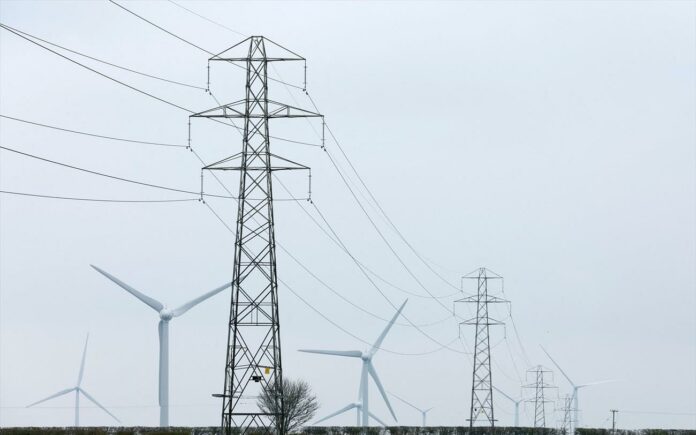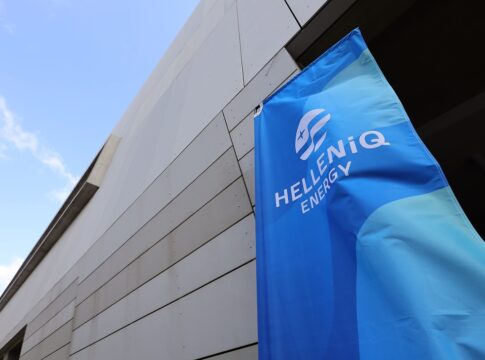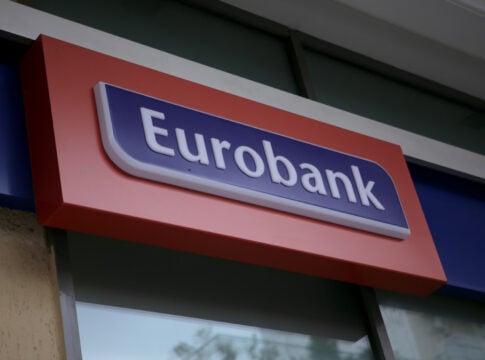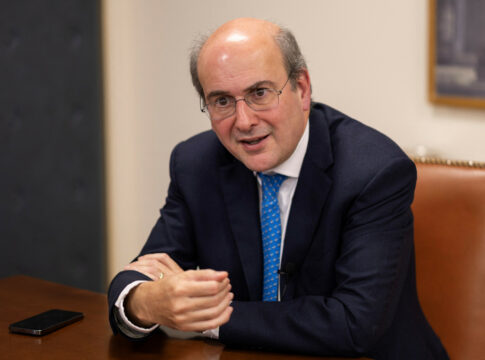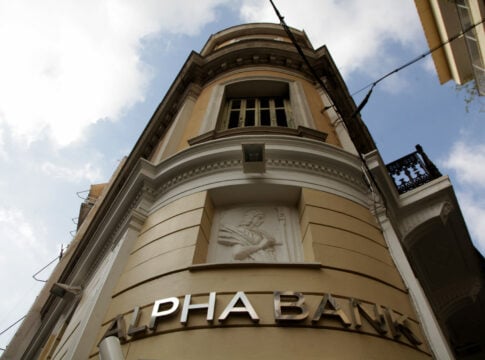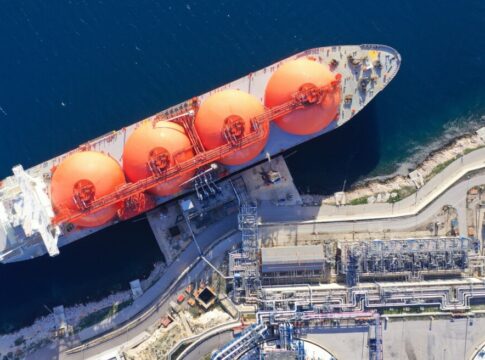Greece’s energy sector is in the spotlight amid strong activity by major energy groups, which are either “repositioning” themselves in the domestic market – through purchases or sales of assets – or are strengthening their extroversion in various ways faced with the challenges of green transition. More specifically:
PPC transformation
PPC’s transformation plan, which has set itself the goal of emerging as a leader in clean energy and a provider of integrated services in Southeast Europe, is in full development.
The company is currently in the phase of “integration” of its new acquisitions, Enel Romania and Kotsovolos, while recently it has prioritized the rapid expansion of its green portfolio, whose installed capacity amounts to 4.5 MW (of which 1.1 GW was added in 2023), with a target of doubling it to 9 GW in 2026.
Mytilineos’ dual listing
Mytilineos’ recent announcement of its dual listing on the Athens and the London Stock Exchanges was the last link in the chain of developments. Upon its completion, the company is expected to ‘seal’ in the most official way its internationalization, which operates in 40 countries around the world, simultaneously developing hundreds of projects.
Its business model promotes the company’s growth and generates profits even in adverse market conditions, creating synergies between the two main areas of activity, energy – which drives profitability – and metals.
The development of the RES portfolio through the asset rotation plan is a priority, while an important competitive advantage of the company is its ability to strengthen its already leading role as a producer of critical raw materials for Europe’s supply chain, such as aluminum and gallium.
Helleniq Energy’s negotiations for Elpedison
Helleniq Energy is in negotiations with Italy’s Edison regarding the control of the fourth largest electricity provider – with a market share of 6%- and an important position in the trading of natural gas.
The two groups control half of Elpedison, but, according to reports, they do not want to continue to cooperate and the question is which company will sell its stake to the other – and for what price. In case Edison is the seller, this will mean its withdrawal from the Greek market after 20 years and the transfer of an important asset to the full control of Helleniq Energy.
At the same time, the group has expressed its intention to sell its 35% stake it holds in DEPA Commercial.
Motor Oil’s green investments
The Motor Oil group is carrying out a series of investments with a green sign, since after the completion of the acquisition of the remaining 25% of Anemos RES. Now, it has put Ellaktor Group on its radar, and more specifically its subsidiary Helector. The due diligence process of Helector’s financial figures by the potential buyer is at an advanced stage.
If the two sides agree on Helector’s valuation and the transaction progresses – as the market is discounting – Motor Oil will take a drastic step to strengthen its profile in the circular economy industry – with one of the largest waste management and green energy companies with a presence in 8 countries – following the acquisitions of Thalis and Verd. Of the 4 billion euros of investments foreseen in Motor Oil’s investment program for the next few years, 2.5 billion concern the energy transition and – among other things – the development of the RES portfolio, the improvement of the carbon footprint of the refineries, biofuels and the maturing hydrogen and CO2 capture project.
Terna Energy
Developments are expected in the immediate future with regard to Terna Energy amid rumors over its sale by the parent GEK Terna, which has stated that “the company has always been the recipient of significant interest from large international investors.”
Negotiations are underway with the Masdar fund from the United Arab Emirates, which has long shown an interest in the domestic energy market.



